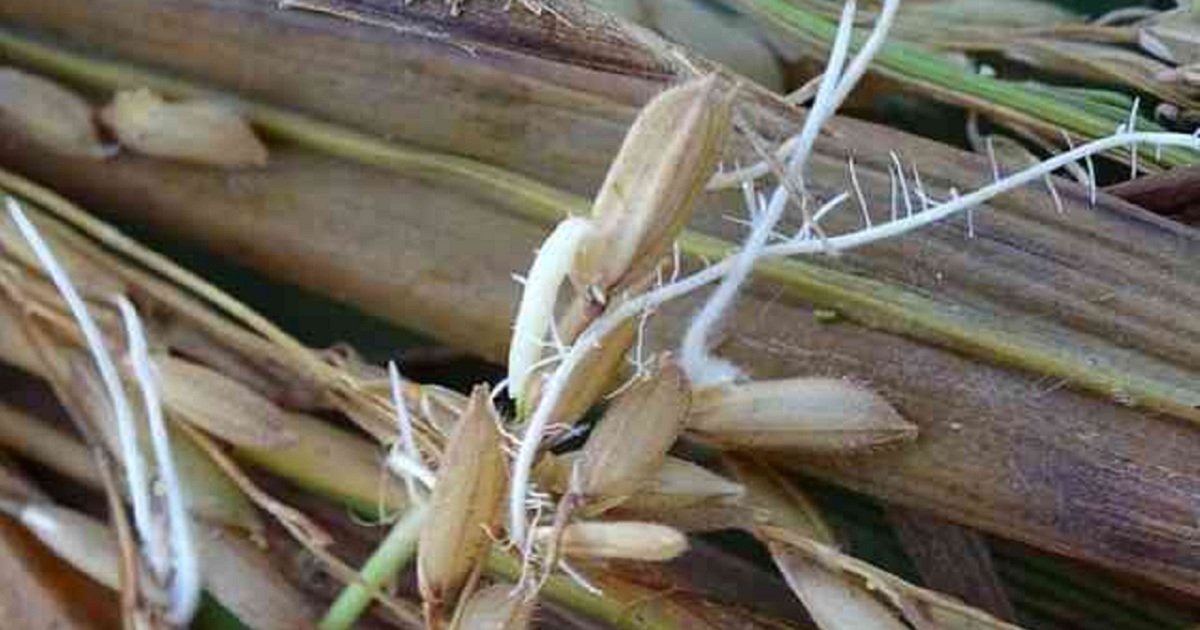The Pectin Is Protectin’
Technology Networks | October 25, 2019

Aluminum toxicity has long been known to damage plant cells and inhibit the growth of plants. Aluminum is widely found in soils that are too acidic, and as human activities have increased soil acidity across the globe, aluminum toxicity has become a leading cause of low crop yield worldwide. While the effect of aluminum on plants is widely known, precisely how aluminum enters plant cells and causes harm is not well understood. In a new study published in Frontiers in Plant Science, researchers at the University of Tsukuba have found that an integral part of a plant’s cell wall may play a role in protecting rice plants from soil aluminum. The study focused on Oryza sativa, a species of rice widely grown in Asiatic countries. The group took advantage of a mutant strain of the rice called star1 (Sensitive To Aluminum Rhizotoxicity 1). As its name suggests, the mutant is highly sensitive to the toxic effects of aluminum, and its root tips grow very poorly when aluminum is in the soil. The mutant strain allowed the researchers to piece apart how rice plant cells respond, at the molecular level, to aluminum. “Earlier work suggested that the cell wall somehow plays a mechanistic role in aluminum susceptibility, including a possible role by pectin,” says Hiroaki Iwai, lead author of the study. “We focused on pectin because it is a major polysaccharide component of the cell wall, and because prior evidence suggests that the sensitivity of star1 to aluminum might be related to a pectin deficiency.”